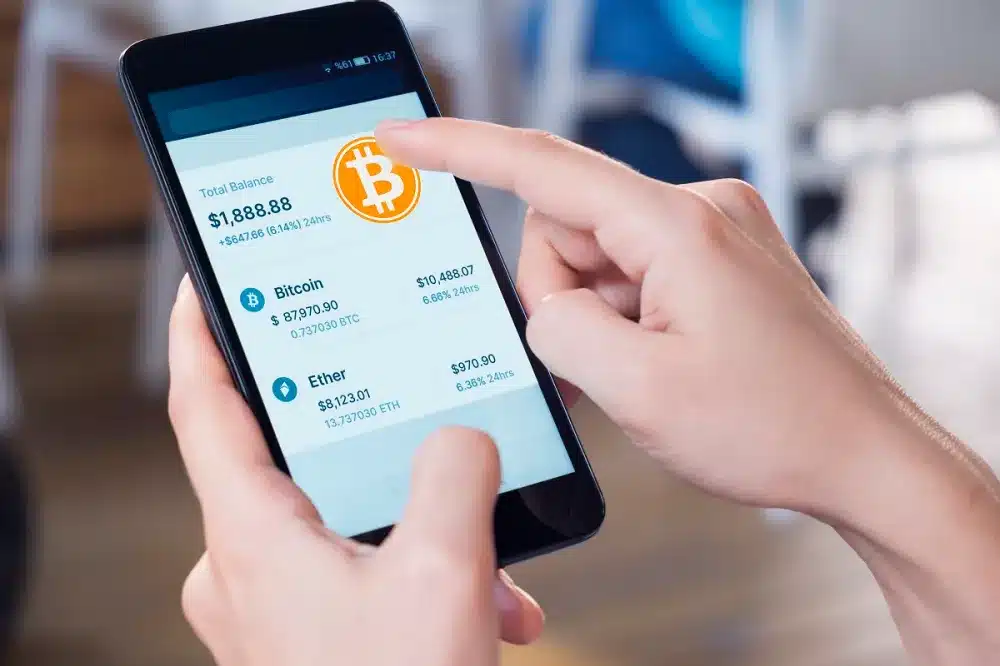Initiated in 2008 by the enigmatic entity known as Satoshi Nakamoto, Bitcoin represents a groundbreaking decentralized digital currency. Unlike conventional fiat currencies, Bitcoin operates on a decentralized platform, enabling transactions that transcend borders. This innovative approach rapidly garnered attention from both tech aficionados and financial investors. As its global adoption surges, facilitated by tools such as IMMEDIATES EDGE DE, the perception of Bitcoin is transitioning from being just an investment asset to a widely accepted medium for routine transactions.
Understanding the Importance of POS Systems
A Point of Sale (POS) system serves as the locus in a retail environment where the sale between a customer and the merchant is finalized. Historically, these systems primarily catered to transactions involving cash, credit cards, or debit cards. Yet, with the increasing prominence of digital currencies, today’s POS systems are advancing to accommodate payments in Bitcoin. This adaptation allows retailers to tap into the advantages of expedited transaction times, lower transaction costs, and heightened transaction security.
Advantages of Bitcoin Transactions for Retailers
- Reducing Transaction Fees: Traditional credit card payments usually involve processing fees, which can eat into a retailer’s margins. Bitcoin transactions, in contrast, generally have lower fees.
- Enhanced Security Features: Bitcoin operates on a cryptographic protocol, making transactions secure. Retailers are less exposed to fraud risks compared to credit card chargebacks.
- Expanding to a Global Market: With Bitcoin, international barriers linked to currency exchange are nullified. Retailers can tap into a global customer base without currency conversion hassles.
- Attracting Tech-Savvy Customers: A retailer accepting Bitcoin can appeal to a younger, tech-oriented demographic, potentially increasing their customer base.
Technical Aspects: How Bitcoin Integration Works
- Bitcoin Wallets and Addresses: For a retailer to receive Bitcoin, they need a digital ‘wallet’. Customers send payments to a wallet’s unique ‘address’—akin to an account number.
- Transaction Confirmations: Once a transaction is initiated, it’s verified by a network of computers, called miners. After several verifications, the transaction is added to the blockchain, ensuring its legitimacy.
- Lightning Network: Traditional Bitcoin transactions can sometimes be slow, especially during network congestion. The Lightning Network solves this by allowing quicker, off-chain transactions.
Notable POS Systems and Platforms Supporting Bitcoin
- BitPay, CoinGate, and Coinbase Commerce: These are leading platforms enabling retailers to accept Bitcoin. Each has its nuances, but generally, they offer seamless integration with existing POS systems.
- Hardware and Software Considerations: Depending on the chosen platform, retailers may need specific hardware (like QR code scanners) or software updates.
- Staff Training: It’s crucial for staff to understand Bitcoin transactions to guide customers. This includes recognizing Bitcoin wallet addresses, processing QR code payments, and troubleshooting common issues.
Challenges Faced by Retailers and How to Overcome Them
- Price Volatility: Bitcoin’s price can be volatile. Retailers can mitigate this by instantly converting Bitcoin payments into fiat currency using services like BitPay.
- Regulatory Concerns: Bitcoin’s legal status varies by country. Retailers should consult with legal experts to ensure compliance with local regulations.
- Customer Education: Retailers should be prepared to educate customers. Displaying informational pamphlets or holding periodic training sessions can ensure smoother transactions.
Case Studies: Success Stories and Lessons Learned
- Large Retail Chains: Companies like Overstock and Newegg have successfully integrated Bitcoin payments, attributing a growth in sales to this inclusion.
- Local Businesses: Many local businesses, from cafes to bookstores, have embraced Bitcoin, noting an increase in footfall due to the novelty and the tech-savvy clientele it attracts.
- Feedback Loop: Listening to customer feedback is essential. It has often led businesses to tweak their Bitcoin transaction processes for improved customer experience.
The Future: Expanding Beyond Bitcoin
- Other Cryptocurrencies: As the crypto ecosystem expands, retailers might consider accepting other coins like Ethereum or Litecoin.
Decentralized Finance (DeFi) Solutions: Beyond simple transactions, DeFi platforms offer myriad financial solutions that retailers could leverage, from loans to insurance. - Predictions: The next decade might see deeper integration of crypto in retail. This could range from loyalty programs built on blockchain to accepting crypto-based stablecoins.
Conclusion: Embracing the Digital Currency Revolution
As the world becomes more digitized, it’s imperative for retailers to keep pace. Bitcoin, despite its challenges, offers a glimpse into the future of transactions—a future that promises efficiency, security, and global reach. Retailers willing to evolve and embrace this shift stand to reap substantial benefits.
